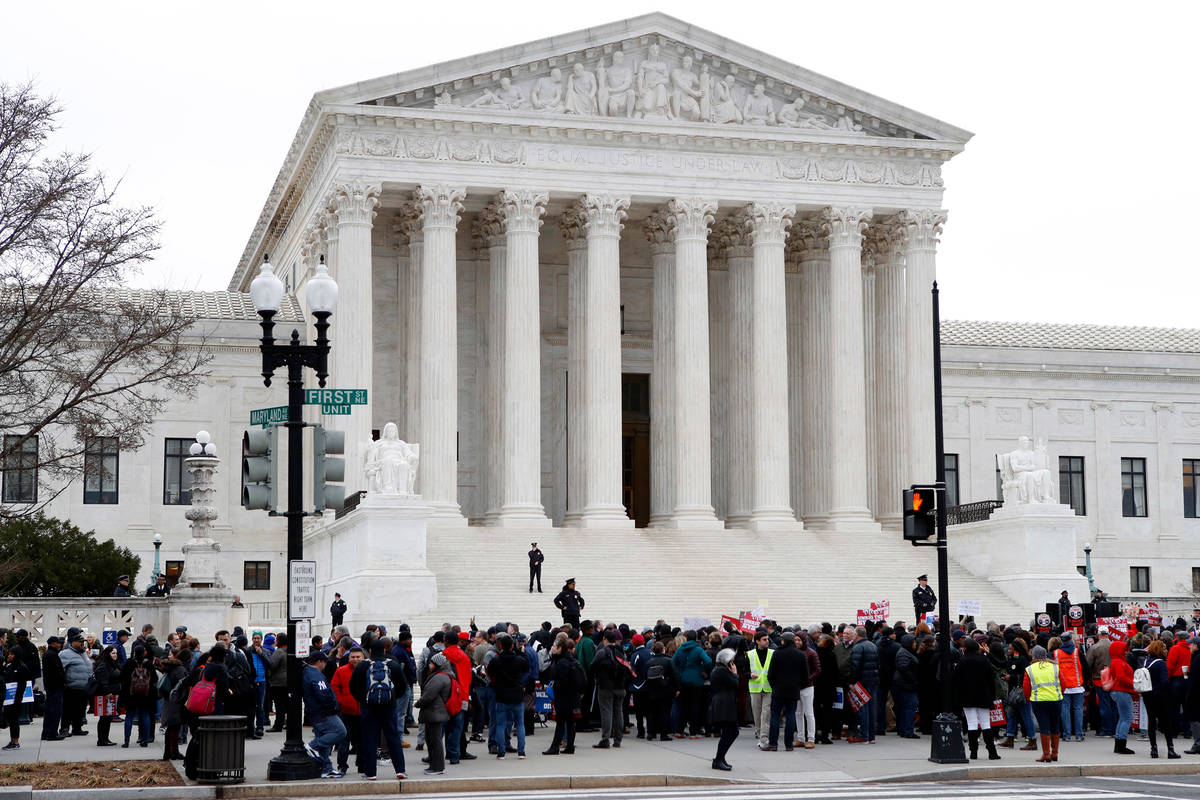LETTER: The Supreme Court, Congress and the Constitution
Steve Sebelius’s Sunday commentary on the Supreme Court displays a selective memory when it comes to understanding the Constitution and history.
For instance, when it comes to the people having a voice regarding judicial confirmations, he points to Barack Obama’s re-election in 2012 to support his contention that they did have a say. He conveniently omits the fact that, in 2014, the people also voted Republicans to a majority in the Senate as a check on his power. In fact, they maintained that majority in 2016, giving tacit approval to not confirming Merrick Garland and increased the Republican majority in the 2018 election.
The people also voted in a Republican president in 2016, and both the presidential and Senate campaigns were largely based on the future confirmation of specific types of jurists.
So we have one election result supporting the Sebelius theory and four election results refuting his contention.
What’s also missing in his selective memory is history. Nearly 116 years had passed since a Supreme Court confirmation in an election year had occurred when the presidency and Senate had been held by opposing political parties, and at that time the confirmation occurred to help heal the country post Civil War. Meanwhile, there have been 29 other election year confirmations that did occur when the presidency and Senate were held by the same party.
Additionally, the Constitution provides no details as to what the “advice and consent” process constitutes. It can be very easily understood that the refusal to hold hearings that would likely not result in the approval of the nomination is a version of withholding consent. As Mr. Sebelius does correctly point out, there is no guarantee on the result.

















